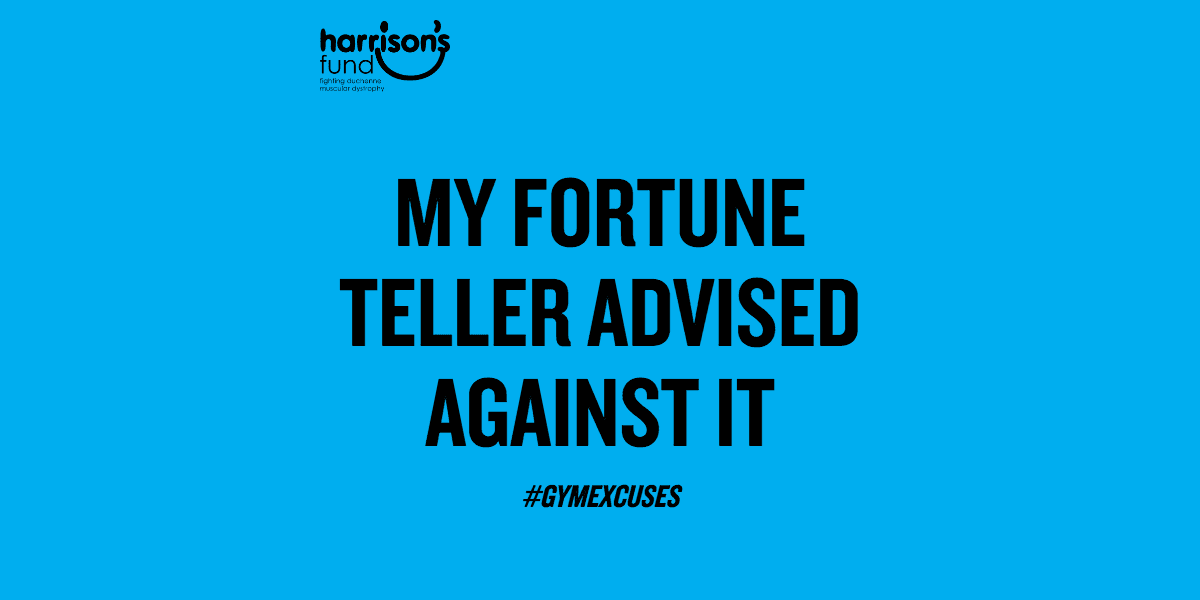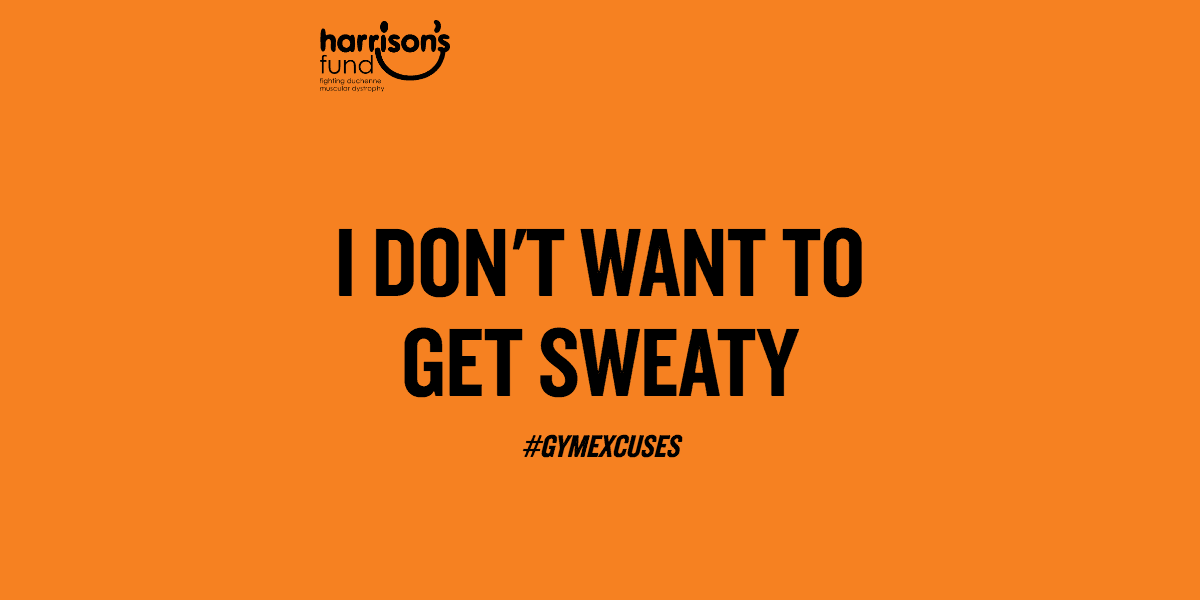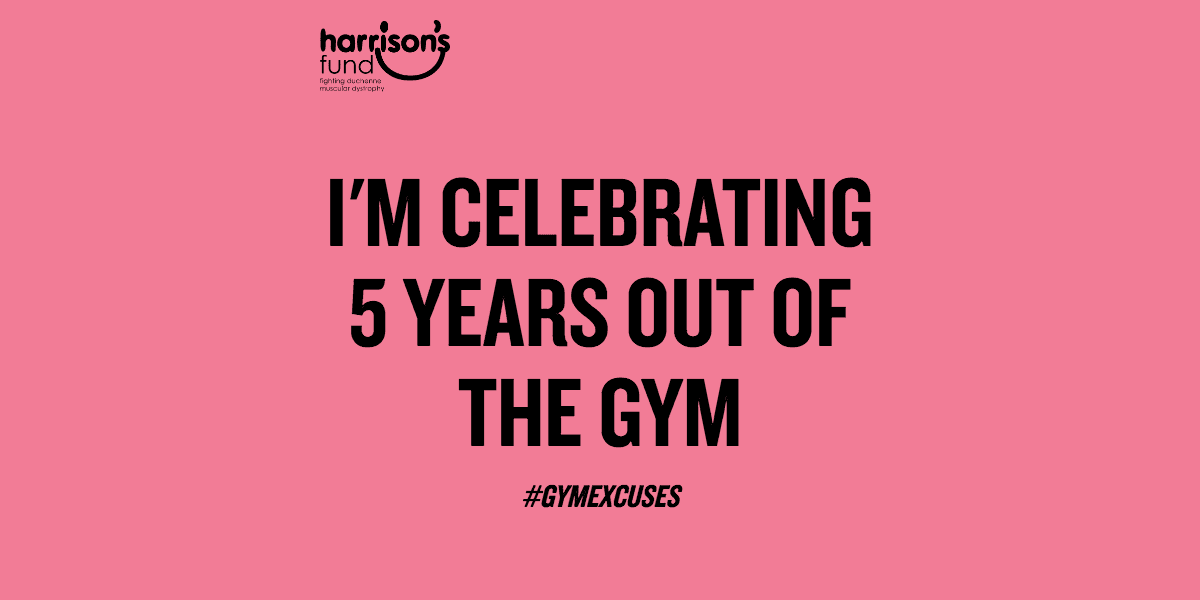HARRISONS FUND
Turning excuses into impact: A humorous catalyst for Duchenne Research awareness.
Collaborating closely with Harrison's Fund, our mission was to craft a compelling social campaign that resonated with a wide audience. In a world where physical fitness often takes a backseat, research unveiled a startling truth: a staggering sum exceeding half a billion pounds is squandered annually on idle gym memberships. This revelation became the foundation of our campaign, as we sought to draw parallels between this colossal waste and the urgent need to fund research for Duchenne muscular dystrophy.
By ingeniously intertwining the notion of taking muscles for granted with the poignant reality faced by those affected by Duchenne, we aimed to inspire action and raise awareness. Through our collaboration, we endeavored to channel this wasted potential into a force for change, advocating for a shift in perspective that could redirect resources towards a cause that truly matters – advancing the quest for a cure for Duchenne.
Quirky and relatable gym excuses
In a tightly-knit partnership with Harrison's Fund, we embarked on a creative journey to give life to a truly engaging social campaign. Central to our strategy was raising awareness of Duchenn — a disease that most people haven’t heard of — and working to raise funds toward finding a cure. The #GymExcuses generator strook a chord with individuals who found themselves entangled in the web of unused gym memberships, challenging them to get a better excuse, by donating their money to Harrison's Fund instead.
With a touch of playful irony, we aimed to highlight the paradox of investing in memberships while neglecting actual attendance.
Every year we waste £558 million on unused gym memberships, if donated this could fund a cure for Duchenne Muscular Dystrophy.
Help fund a cure by donating now and in return we’ll give you a gym excuse you can proudly share.
Turning excuses into impact
Our ingenious tool allowed users to generate quirky and relatable gym excuses, a humorous nudge aimed at those who often shy away from the treadmill. Yet, beneath the laughter lay a powerful message – the cost of these neglected memberships could be better channeled towards a cause as vital as Duchenne research.
Once users selected their humorous alibi, a shareable asset was seamlessly delivered, ready to be shared across popular social media platforms like Twitter and Facebook. This generated an organic ripple effect, spreading not only lightheartedness but also raising crucial awareness about the pressing need to channel resources towards finding a cure for Duchenne muscular dystrophy.


